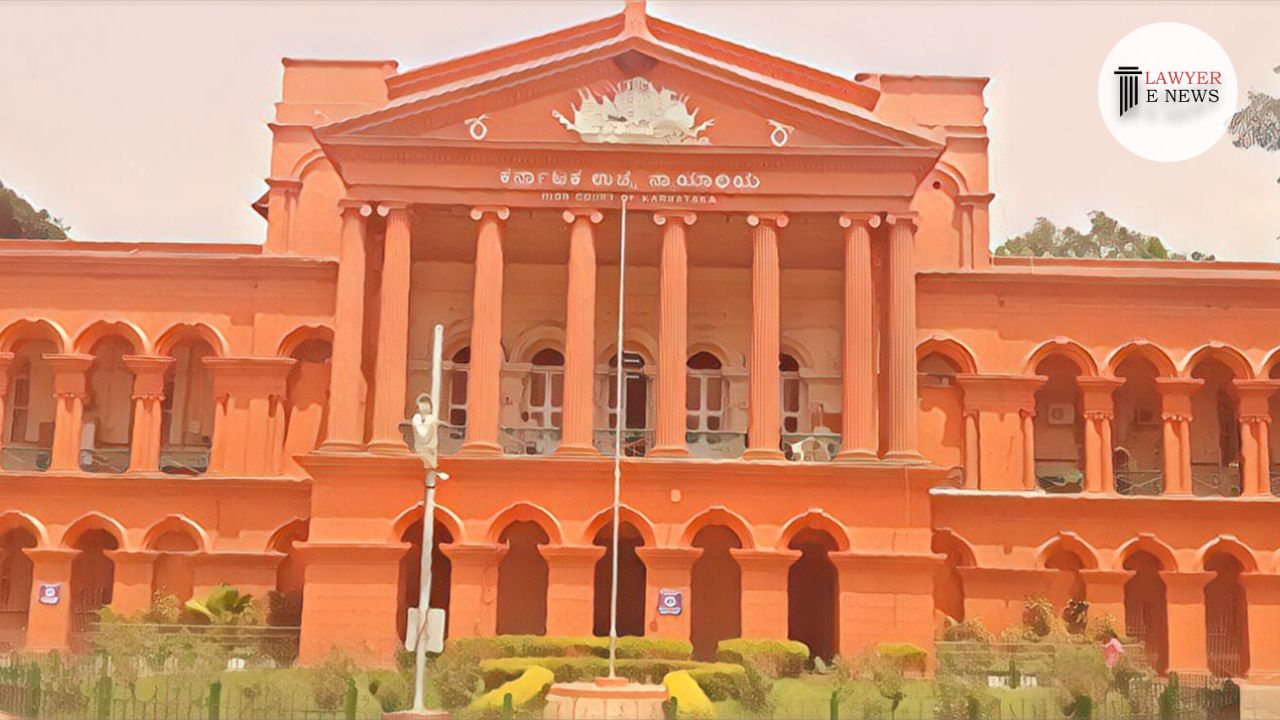-
by sayum
14 February 2026 2:22 PM



The High Court of Karnataka today upheld the Tribunal’s decision that once a claimant has received full and final compensation from their own insurer, they are precluded from seeking further compensation from another party’s insurer in cases of vehicle damage due to negligent driving.
Legal Context:
The legal question centered around the claimant’s right to seek additional compensation despite having received a complete settlement from their own insurer, as stipulated under Section 173(1) of the Motor Vehicles Act, 1988. This case primarily involves the interplay between insurance settlement and the right to further compensation.
Facts and Issues:
The case arose from an incident on May 12, 2009, when a vehicle driven negligently by another party collided with the claimant’s car, leading to severe damage. The claimant, Sri. Kumarvel Janakiram, received a settlement of Rs. 95,259 from his insurer, Royal Sundaram Alliance Insurance Company, but pursued additional compensation of Rs. 1,41,516 from the insurer of the vehicle that allegedly caused the accident.
Settlement Finality: The Court confirmed that the settlement received by the claimant from his own insurer was both full and final, covering the total damages incurred. This was clearly established during cross-examination where the claimant confirmed receiving this amount in full satisfaction of his claim.
Rejection of Duplication in Compensation: The Court highlighted that once full compensation has been received from one source, any claim against another party’s insurer for the same damage is effectively negated. This aligns with prior judgments, including the notable Harkhu Bai’s case, reinforcing the principle of preventing unjust enrichment.
Contention of Tortious Liability: Despite arguments presented by the claimant’s counsel regarding the tortious liability of the offending vehicle’s insurer, the court found no merit in this claim given the full settlement already made by the claimant’s own insurer.
Decision: The appeal was dismissed on the grounds that the claimant had already received adequate compensation from his insurer, nullifying any further claims against other parties involved.
Date of decision : April 22, 2024
Sri. Kumarvel Janakiram VS Premchandra M R
